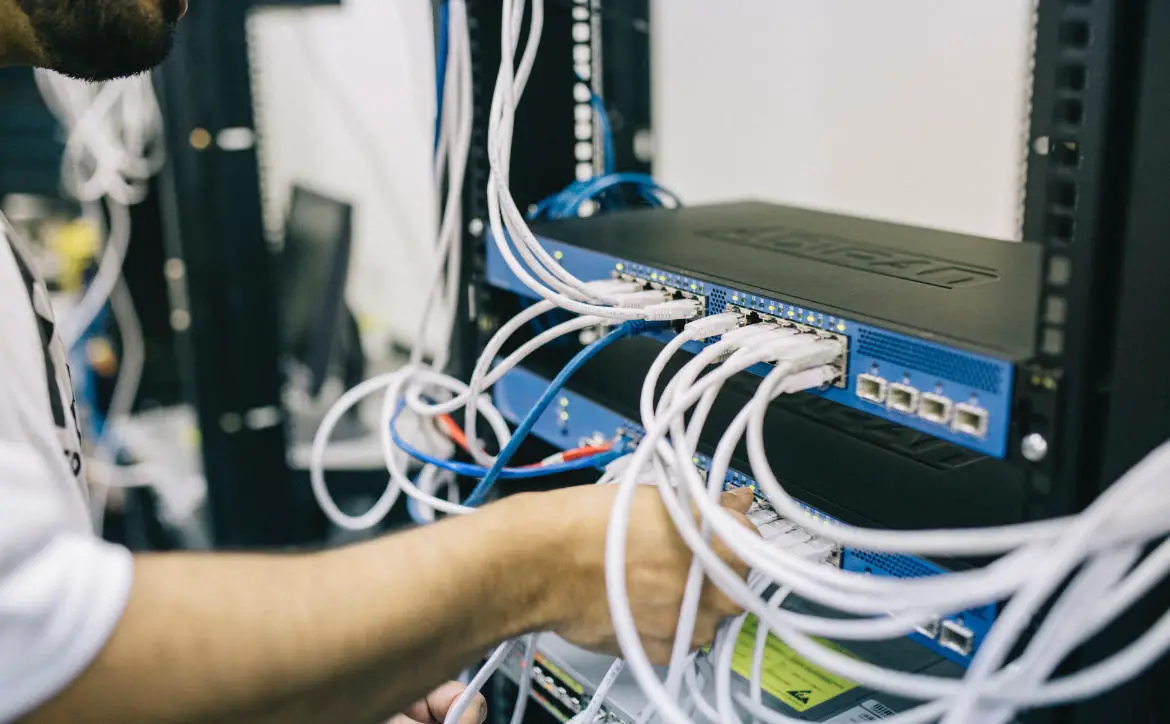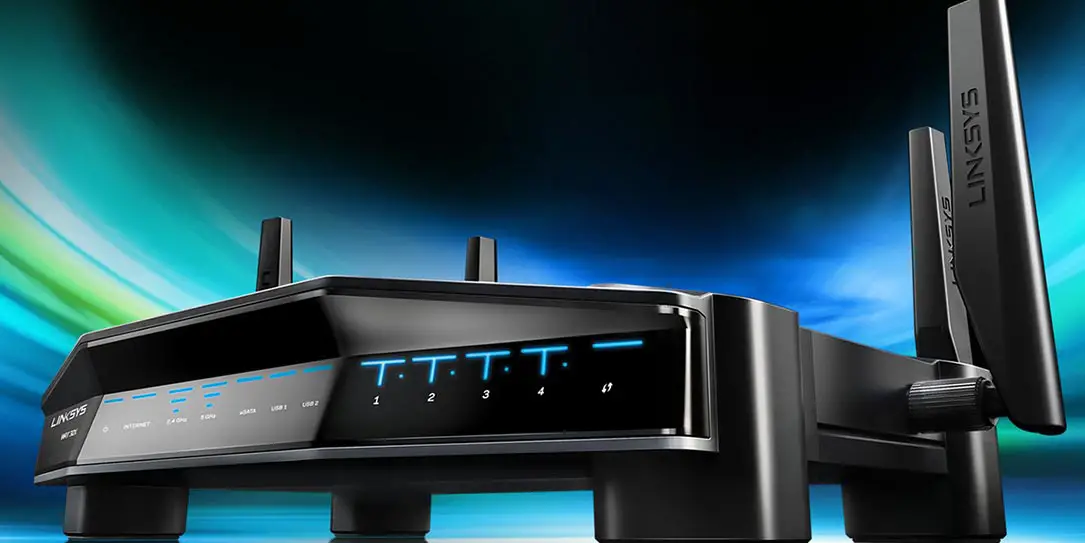Today, almost all modern homes and workspaces need far more significant and versatile internet coverage than ever before. There has been a proliferation of devices like smartphones, tablets, remotes, and a host of iOS and Android gadgets capable of controlling your appliances, climate, security system, lighting, and entertainment devices. A wireless network is a must to enjoy these functionalities and wireless technologies such as Bluetooth, Wi-Fi, NFC, IR Wireless, etc.
Estimated reading time: 6 minutes
On the other hand, most tech professionals will always tell you that a wired connection is far more reliable, secure, and consistent than wireless connections. To date, almost all businesses have primarily remained insistent on wired networks. If they use wireless networks, it is mainly reserved for visitors, while employees have to be physically connected to their network.
The choice between wired and wireless internet is not hard. You have to know and understand their respective advantages and disadvantages.
So, how does one stack up against the other?

The debate of wired vs. wireless networks hangs on even balance. There are plus points to both networks, just as there are drawbacks.
Here are the advantages and disadvantages of each for you to consider before deciding whether you should opt for wired or wireless internet.
The pros of wireless internet technology
- You have the freedom of movement and ease of access within the area of the network with your devices.
- It is easier to share files with other devices connected to the network without the need for cables.
- The best part of wireless internet is avoiding the need for laying network cables and drilling through walls, therefore, set up costs can be lower.
- It is easier to add new devices to the network, since connecting with new network cables is not required.
- Wireless internet allows more users (you can accommodate all family members and visiting friends) because it is not limited by a specific number of connection ports.
The cons of wireless internet technology
- The general speed of wireless connections is normally slower than wired internet.
- Sometimes the quality of the connection suffers at a certain distance from the router.
- They are less secure, and easier to hack into.
- They are vulnerable to inconsistency in terms of connectivity and speed.
The pros of wired internet technology
- It requires providing physical access to every new device. Thus, there is more control over which and how many devices get access to the network.
- The security of wired networks is superior due to greater control over the security protocols of every connected device.
- Ethernet is just plain faster than wireless internet. They have better bandwidth and faster transfer speeds as they are not affected by walls and other forms of interference or range problems.
The cons of wired internet technology
- The installation of wired internet is complex and lengthy. The infrastructure of hubs, routers, switches, and installation of software such as firewalls and security applications take up a lot of time.
- Maintenance of wired networks requires extensive time and expense. Troubleshooting and repairs take longer in wired networks.
- The clutter of cables is massive as each and every device requires its own complicated, disruptive, and untidy cabling and attendant cable management.
- Wired internet affects mobility since you have to be near cables and sockets to function.
As you can see, both wired and wireless internet have their own merits and demerits. The point is to choose the service that gives you maximum benefits.
Addressing the security myth of wireless internet

The issue of safety is often wielded against wireless internet. The general opinion is that wired ethernet connections are safer. Since wireless connections are visible to the public, they are prone to get accessed easily.
However, the fact is that unless it is a free-for-all public hotspot, wireless internet networks, in reality, possess a decent protection level. Your home’s wireless network won’t be publicly accessible, and you will have password protection. Moreover, modern wireless routers and hotspots have built-in firewall capabilities and can offer VPN out of the box.
The reliability and stability issue in wireless networks
A common issue with wireless internet connection is its inconsistency in terms of connectivity. They are prone to interferences and obstructions from walls and buildings. Also, the signal strength can vary depending on your location and distance from the router. Due to these disturbances that affect wireless internet performance, people find it an unreliable option – especially on large-scale applications.
We can all agree that larger homes with lots of corners to go around and walls to penetrate can significantly degrade the performance. Although, there are wireless repeaters that can boost the signal strength and remedy this problem. There are also options like range extenders and the new Mesh Wi-Fi systems.
Your needs define your choice
Are you moving to your new home, or are you remodeling it? New homes make wiring a lot easier. If you are renovating, however, wireless technology would be less invasive and easier to install. There are wired technologies too that can be integrated into existing structured wires such as the phone or power lines at home.
The freedom of accessibility that wireless internet provides makes life easier for the user. It is a must in today’s homes where internet-aided devices are controlling increasing functions of home activities. It is miles ahead in terms of convenience and versatility.
The wireless world
We now have smart homes. Most of our everyday gadgets no longer need to be tethered to wires, printers, TVs, drones, and speakers, from tablets to wearables. You don’t have to accommodate yourself to outlets near the walls; you have the freedom to network anywhere. There’s also no need to poke holes in drywall to run wires through the whole house. Thus, wireless network enjoys both popularity and convenience.
Even for businesses that operate with public interaction, you will find that customers expect wireless access. There is an underlying reliance on the internet for most of our day-to-day functioning. The need for instant transfer of information is enabled with wireless technology.
Top-tier home internet
At the end of the day, whether it’s a wireless or wired network, network management has to be the most sensible. Swoop wireless NBN provides expert network installation services, easy and hassle-free. The best part—with the entire team based in Australia, any problem or query is immediately dealt with.
You have a decision to make for your internet accessibility needs at home. It will affect how you and your home function.
What do you prefer? Wired or wireless internet? Please share your thoughts on any of the social media pages listed below. You can also comment on our MeWe page by joining the MeWe social network.










